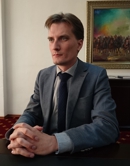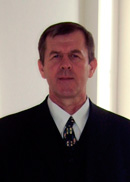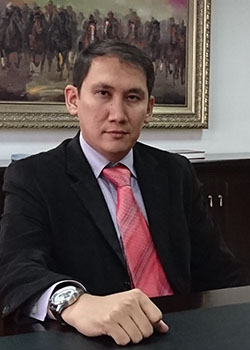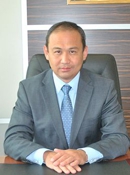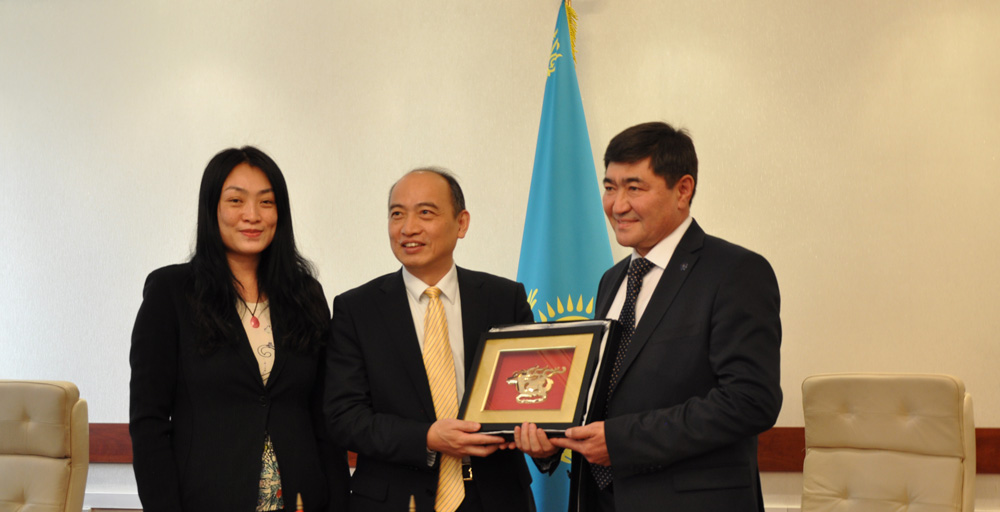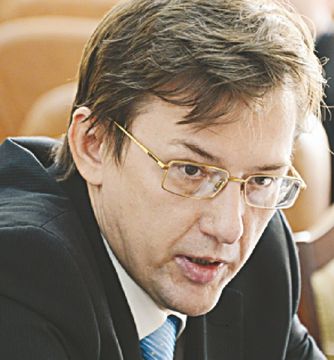The current level of social tension in Kazakhstan can be characterized as moderate; however there are latent forms of conflicts in social sector, some of them began to develop gradually into spontaneous protest actions. So far actions of small scale, with mainly economic requirements only, are registered. Sharp devaluation of national currency in the second half of the year 2015 created a negative social and economic background for political processes in 2016. In case of further deterioration of an economic situation the number of protests of vulnerable social groups of the population can increase.
